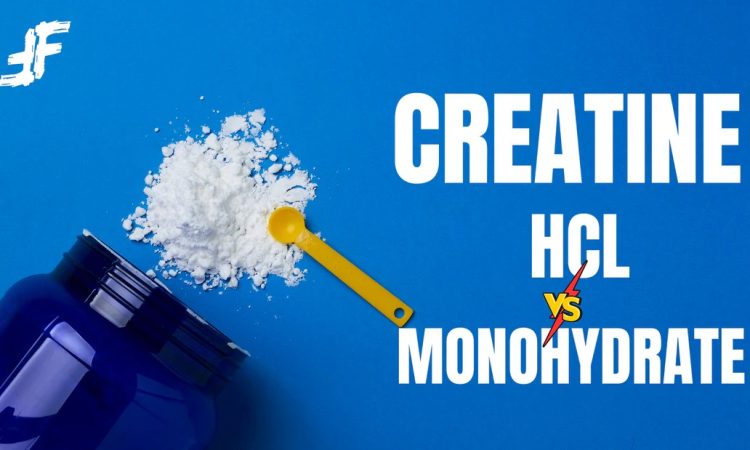
Creatine is individual of the most studied and widely used supplements in the appropriateness world. Known for pushing strength, power growth, and exercise acting, it has earned a constant place in the routines of sports and gym-goers. But when it comes to selecting middle from two middle alternatives, creatine hydrochloride (HCl) and creatine monohydrate, many people are uncertain which is the better alternative.
This guide breaks down creatine hcl vs monohydrate with the dissimilarities, benefits, and potential disadvantages of each, so you can form a first-rate choice for your goals.
What Is Creatine Monohydrate?
It consists of a creatine particle bound to a water fragment and has been used in sports nutrition for decades. Research usually shows that it:
- Increases strength and capacity output
- Enhances influence mass when doubled with opposition training
- Improves improvement after extreme-intensity exercise
It’s low-priced, effective, and supported by hundreds of studies, which is why most masters consider it a success standard.
What Is Creatine HCl?
This is a new form of creatine. This bigger water solubility is trusted to:
- Improve incorporation in the digestive procedure
- Reduce common aftereffects like bloating or stomach discomfort
- Require tinier dosages distinguished from monohydrate
However, it’s important to note that while a few consumers report minor digestive issues, controlled research on creatine HCl is restricted to monohydrate.
Learn About the Differences
1. Dosage
- Monohydrate: Standard dose is 3–5 grams regular.
- HCl: Often marketed as persuasive in smaller amounts (1–2 grams), though evidence is still arising.
2. Research Support
- Monohydrate: Backed by decades of studies proving security and effectiveness.
- HCl: Promising but lacks the unchanging level of long-term research.
3. Cost
- Monohydrate: Affordable and widely vacant.
- HCl: More expensive per serving.
Which One to Choose
1. Choose Creatine Monohydrate if:
- You want the most studied and reliable alternative.
- You’re looking for affordability.
- You don’t knowledge major stomach discomfort from supplements.
2. Choose Creatine HCl if:
- You’ve reliable monohydrate and experienced bloating or digestive issues.
- You favor smaller dosages accompanying easier mixability.
- You’re not paying more for availability.
Safety Concerns
Both creatine HCl and monohydrate are thought to be safe for healthy individuals when naive appropriate doses. Concerns about kidney or liver damage are widely legendary, as enduring studies show no injurious effects in those outside pre-existing atmospheres.
The key is consistency—creatine works by saturating your muscles over time, so what form you select, confirm you use consistently.
Conclusion
When it comes to creatine HCl vs. monohydrate, both can help boost strength, endurance, and influence growth. However, creatine monohydrate debris the best choice for most people on account of allure proven influence, affordability, and wide availability. Stick with it, pair it with a trustworthy training program, and you’ll accumulate the performance and bettering benefits creatine is famous for.




